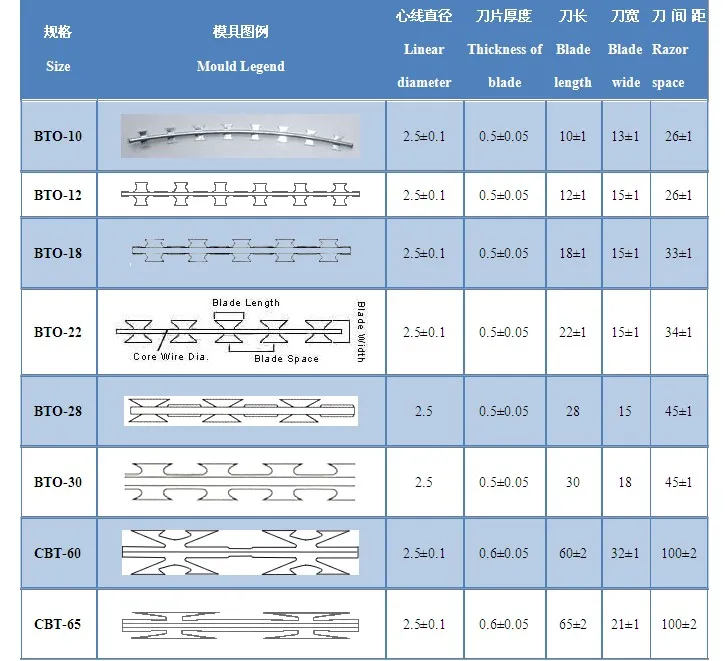Understanding Wire Mesh Gauges A Comprehensive Guide
Wire mesh is an essential material used in various industries, from construction to agriculture and beyond. One crucial aspect of wire mesh that affects its performance and suitability for specific applications is its gauge, which refers to the thickness of the wire used in the mesh. Understanding wire mesh gauge is vital for selecting the right type of mesh for your needs.
What is Wire Mesh Gauge?
The gauge of wire mesh is a standard measurement that indicates the diameter of the wire used in the mesh construction. It is typically expressed using the American Wire Gauge (AWG) system, which assigns a numerical value to the thickness of the wire. In this system, a higher gauge number indicates a thinner wire, while a lower gauge number signifies a thicker wire. For example, 10-gauge wire is thicker than 18-gauge wire.
Why Gauge Matters
The gauge of wire mesh directly affects its strength, durability, and overall functionality. Thicker wires (lower gauge numbers) generally provide greater strength, making them suitable for heavy-duty applications where significant stress or weight loads are a factor. Conversely, thinner wires (higher gauge numbers) are more lightweight and flexible, making them ideal for applications that require fine filtration or light structural support.
For instance, in fencing applications, lower gauge wires are commonly used because they can withstand the rigors of outdoor conditions and provide greater security against larger animals or intruders. In contrast, higher gauge meshes are often utilized in screen applications or for gardening, where fine particles need to be kept out without the need for heavy, durable fencing.
Selecting the Right Gauge for Your Application
When choosing wire mesh, consider the following factors related to gauge
1. Purpose of Use Determine what the wire mesh will be used for. If you need it for structural integrity, such as in building or construction projects, opt for a lower gauge. For filtration tasks, such as sifting fine materials or keeping pests out of gardens, a higher gauge may be more suitable.
2. Environmental Conditions Consider the environment the wire mesh will be exposed to. If it will face harsh weather conditions or potential physical contact with animals or heavy machinery, a thicker wire will provide better durability.
wire mesh gauge

3. Weight The weight of the wire mesh can also be a determining factor. For applications such as portable fencing or netting, a lighter gauge may be preferable. However, for permanent installations, the strength provided by a lower gauge may be necessary.
4. Cost Generally, thicker wires come at a higher cost due to the materials involved. Balancing budget constraints with the necessary strength and durability requirements is essential for making a practical choice.
Common Applications of Wire Mesh in Different Gauges
Different industries utilize various wire mesh gauges tailored to their specific needs
- Construction and Building Lower gauges (e.g., 10-12 gauge) are prevalent for reinforcing concrete and providing structural integrity.
- Agriculture Fencing and animal enclosures often use medium to lower gauges (12-14 gauge) to ensure a secure environment for livestock.
- Industrial Use Heavy-duty applications such as machine guards or workstation barriers often require thicker wire meshes (8-10 gauge) to ensure safety and durability.
- Filtration and Screening Higher gauges (16-18 gauge) are typically used in sifting applications, such as making screen meshes for sand, sugar, and other fine materials.
Conclusion
Choosing the right wire mesh gauge is a crucial decision that can significantly impact your project's success. Understanding the relationship between wire gauge, strength, functionality, and cost ensures that you select a mesh that meets your specific needs. By taking the time to evaluate your application’s requirements, you can confidently choose the appropriate wire mesh gauge, ensuring optimal performance and longevity for your projects. Whether you’re constructing a fence, reinforcing a structure, or creating a lightweight screen, the right wire mesh will serve as a vital component in achieving your objectives.

















